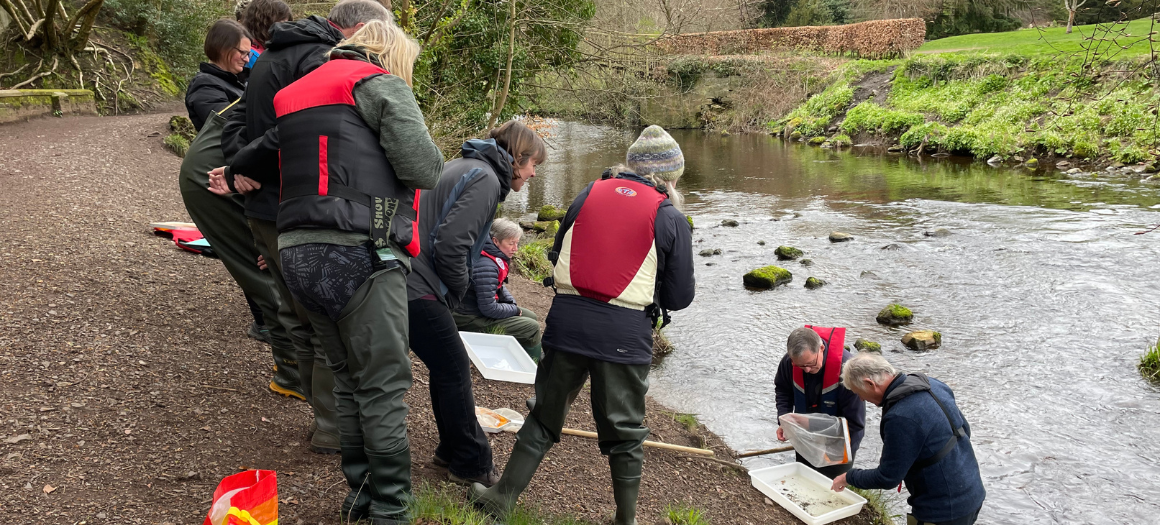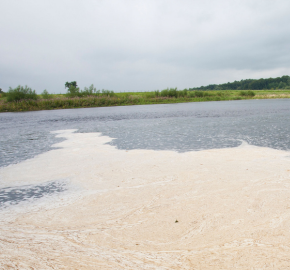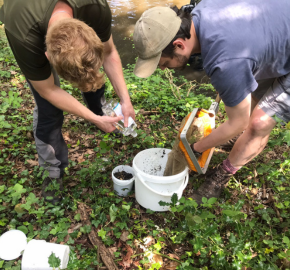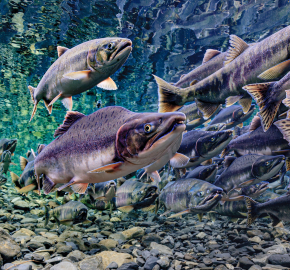Analysis of 351 SmartRivers sites shows concerning sediment pressure and chemical pollution

Today, WildFish publishes the findings of its 2023 volunteer data collection project – SmartRivers – which includes vital information about river health from 351 sample sites across the UK. The results show concerning levels of sediment pressure and chemical pollution.
The SmartRivers dataset – which provides national insight into water quality and aquatic invertebrate communities for over 61 rivers across the UK – revealed that in 2023 sediment pollution had the most significant impact on the river sites sampled with 35% and 53% of sites exhibiting a concerning impact in the spring and autumn respectively. In a single season, the greatest impact was from chemical pollution with 55% of sites showing a concerning impact in the autumn.
In total, 353 different species of invertebrates were identified in 2023. Rivers were ranked based on how many invertebrate species they had and the abundance of these. The Brathay in Windermere recorded the lowest diversity of riverfly species.
SmartRivers is helping to fill the well-documented decline in nationwide monitoring and is both a tool for targeted river restoration and important evidence to support essential changes in national policy. Supported by our team of legal experts and scientists, local communities use the data to support campaigning action.
SmartRivers data has enabled us to:
- Use our monitoring from eleven separate sites on the upper Avon to challenge the Environment Agency’s view that their data showed “the river Avon had not deteriorated over the last five years”.
- Demonstrate harm from sewage pollution on the Cunsey Beck in Windermere. As a result, we have filed an Environmental Damage complaint with the Environment Agency over damage caused to an important tributary of Windermere. The complaint is based on SmartRivers’ evidence.
- Make formal referrals to the Information Commissioner on access to pesticide use records in England and Wales in catchments where SmartRivers volunteers have picked up chemical pollution signatures. In response, the Information Commissioner has ruled that landowners pesticide use records should be made available.
Lauren Harley, SmartRivers project manager, said: “Thanks to the generous support of our volunteer community we have now sampled sites on over 120 rivers across the UK and can provide a wealth of data about the continuing decline of our rivers, lakes and streams – vital to evidence campaigning at a local and national scale”.
SmartRivers data is usually ready towards the middle of the year following its collection. This means the full dataset for 2024 will be published in the second half of 2025. Follow the link below to read the 2023 data report in full.
READ THE REPORT


